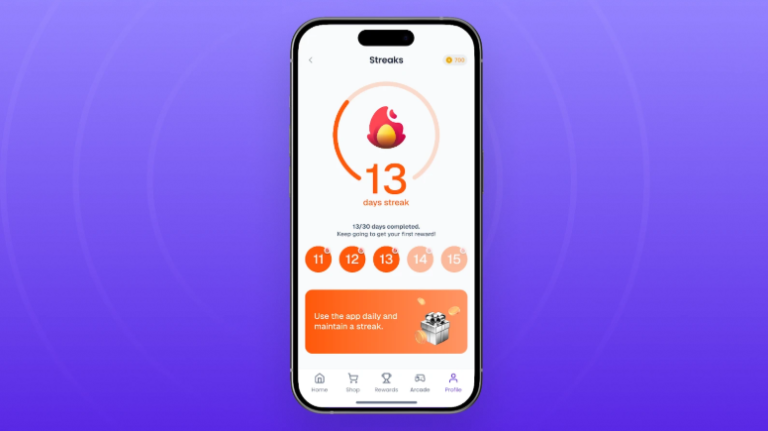Summer Preschool Programs
Introduction To Early Learning Opportunities
Summer preschool programs offer a valuable bridge between academic years, providing young children with structured learning in a fun, engaging environment. These programs help develop foundational skills through play-based learning, hands-on activities, and guided instruction. Designed to be both educational and enjoyable, summer preschool programs support cognitive, emotional, and social development.
Benefits Of Summer Preschool Programs
One of the main advantages of summer preschool programs is the continuity of learning. Children often lose some of the skills they developed during the school year over summer break. Participating in these programs helps maintain and strengthen their early literacy, numeracy, and social skills. It also fosters a positive attitude towards school, encouraging curiosity and a love for learning.
Moreover, summer preschool programs provide consistency in daily routines. For many children, especially those who thrive in structured environments, this routine offers comfort and stability. This can reduce anxiety when transitioning into kindergarten or the next academic level.
Social Skills And Emotional Growth
Beyond academics, summer preschool programs also emphasize social-emotional development. Children interact with peers, learn to share, take turns, follow instructions, and express their feelings appropriately. These early social interactions lay the foundation for effective communication and collaboration in later years.
Teachers in summer preschool programs often incorporate group activities, storytelling, music, and drama to nurture emotional intelligence. These activities help children recognize emotions, build empathy, and develop resilience—important life skills they will carry forward.
Creative And Physical Development
summer preschool programs include creative and physical activities as core components. Art, music, dance, and dramatic play stimulate imagination and self-expression. Meanwhile, outdoor games, obstacle courses, and simple exercises promote physical health, coordination, and gross motor skills.
These creative outlets are essential for holistic development. They allow children to explore different interests, gain confidence in their abilities, and discover new passions.
Parent Support And Flexibility
Many summer preschool programs offer flexibility to accommodate working parents. Half-day and full-day options are available in various communities, and some programs even provide early drop-off and late pick-up services. This flexibility ensures that families with different needs can still access quality early childhood education during the summer months.
Additionally, parents receive regular updates on their child’s progress. Many programs hold parent-teacher meetings, share portfolios, or use digital platforms to track learning milestones. This helps parents stay connected to their child’s educational journey and reinforce learning at home.
See also: Understanding the Legal Risks in Influencer Marketing Contracts (UK Edition)
Preparation For Kindergarten
Attending summer preschool programs can significantly ease the transition to kindergarten. These programs introduce children to the structure of a classroom, including circle time, snack breaks, and guided learning. Children become accustomed to routines, following directions, and being part of a group—all of which are crucial for a successful kindergarten experience.
Educators often design summer programs with kindergarten readiness in mind. Activities are tailored to reinforce skills such as letter recognition, counting, name writing, and listening comprehension. By practicing these skills in a fun, low-pressure setting, children gain confidence and independence.
Inclusive And Enriching Curriculum
A hallmark of well-designed summer preschool programs is their inclusive and diverse curriculum. These programs often incorporate multicultural stories, songs, and activities that celebrate differences and promote inclusion. This early exposure helps children develop respect for others and an appreciation of diversity.
In addition, enrichment programs like gardening, STEM projects, field trips, and animal visits add excitement and real-world learning experiences. These activities help children connect classroom learning with the world around them, sparking natural curiosity.
Finding The Right Program
Choosing the right summer preschool program involves considering several factors. Parents should look for licensed facilities with experienced teachers, a balanced curriculum, and a safe environment. Reading reviews, visiting the site, and asking about teacher-to-child ratios can help parents make informed decisions.
Some programs focus more on academics, while others emphasize play or creativity. Parents should choose a program that aligns with their child’s personality and learning style. For children with specific needs, it’s important to find programs that offer the necessary support or accommodations.
Cost And Accessibility
Cost can be a deciding factor when selecting summer preschool programs. While some private programs may be expensive, many communities offer affordable or subsidized options. Non-profits, churches, and local government agencies often host summer programs at a lower cost.
Families are encouraged to research early and take advantage of financial assistance or scholarships. Accessibility ensures that more children benefit from early learning opportunities regardless of their economic background.
Conclusion
Summer preschool programs are more than just childcare—they are essential learning environments that foster growth in every developmental domain. From preparing children for kindergarten to nurturing social skills and creativity, these programs create a foundation for lifelong learning. Parents who invest in quality summer preschool programs give their children a valuable head start in both academics and life.
By choosing the right program that fits their child’s interests and family needs, parents can ensure that summer becomes a season of joy, exploration, and meaningful learning.







